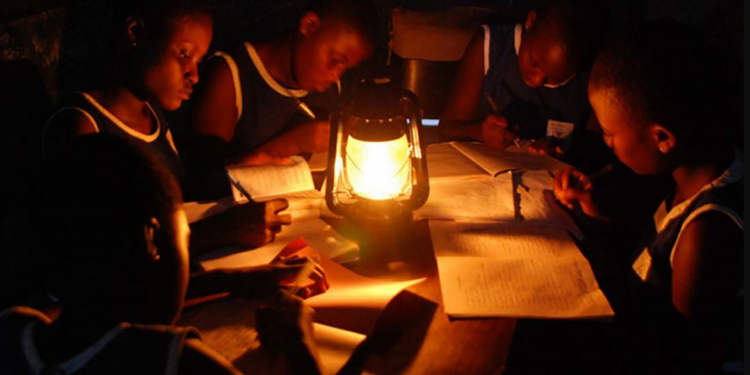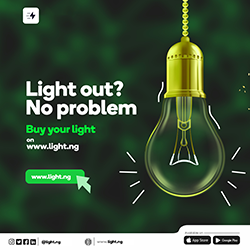The World Bank has said that about 600 million people risk continued power shortages in Africa, as the continent may continue to grapple with electricity deprivation by 2030.
The World Bank Managing Director of Operations, Ms Anna Bjerde, made this disclosure in a statement on Thursday during an International Development Association (IDA) meeting in Abuja.
According to the global financial institution, the ongoing energy crisis in Africa coupled with the aftermath effects of the Covid-19 pandemic continues to threaten access to electricity by many people.
Bjerde also noted that central to the engagement with African leaders was the challenge of energy access.
- “Energy access is an excellent example of what can be accomplished. It is also an issue that African leaders have prioritised since 2000, and access to energy has more than doubled across Africa.
- “Despite significant investment and progress at the current pace, close to 600 million Africans are likely to remain without electricity by 2030, with two-thirds of those living in countries currently classified as protected.
- “Together, we can do better to reach universal electricity access.
- “By the end of the decade, the rate of electricity access growth will be to triple, this is doable and the World Bank Group is ready to accompany you in the journey from ambition to reality,” she said.
World Bank Provides Cash Transfer to 50 million Nigerians
According to Bjerde, the World Bank has expedited the deployment of existing cash transfer systems, extending assistance to over 50 million individuals, equivalent to 10% of the initial pop Nigerian
Speaking further, Bjerde emphasized that a key takeaway from COVID-19 was the critical importance of a robust delivery system to assist the most vulnerable nations in building resilience to shocks.
He therefore noted that the role of the World Bank in Africa, particularly in Nigeria, was more important than ever.
- “Whether they be from pandemics combat or climate, we accelerated the use of established cash transfer systems to reach more than 50 million people or 10 per cent of the total original population.
- “We also supported about 20 million farmers and pastoralists with urgent agricultural inputs.
- “The investments that you have all carried out to build robust delivery and targeting systems means that more can now be done to help the most vulnerable.
- “These examples show that transformation and impact are possible if countries decide to create the conditions to convert opportunities into transformation on the continent,” she said.
More Insights
- Earlier, Nigeria’s Minister of Finance and Coordinating Minister of the Economy, Wale Edun, said that the meeting with the World Bank was to focus on sustainable economic growth in the country.
- Edun said that the meeting also discussed major project financing through concessional funding for the West and Central African countries and the poor countries in general.
- “This is focusing on the International Development Association (IDA). We are here to discuss the funding of electricity access, social safety needs, digitisation and the general issues that affect poor countries,” he said.
For more News like this visit www.blog.light.ng.
Source: Nairametrics.com






